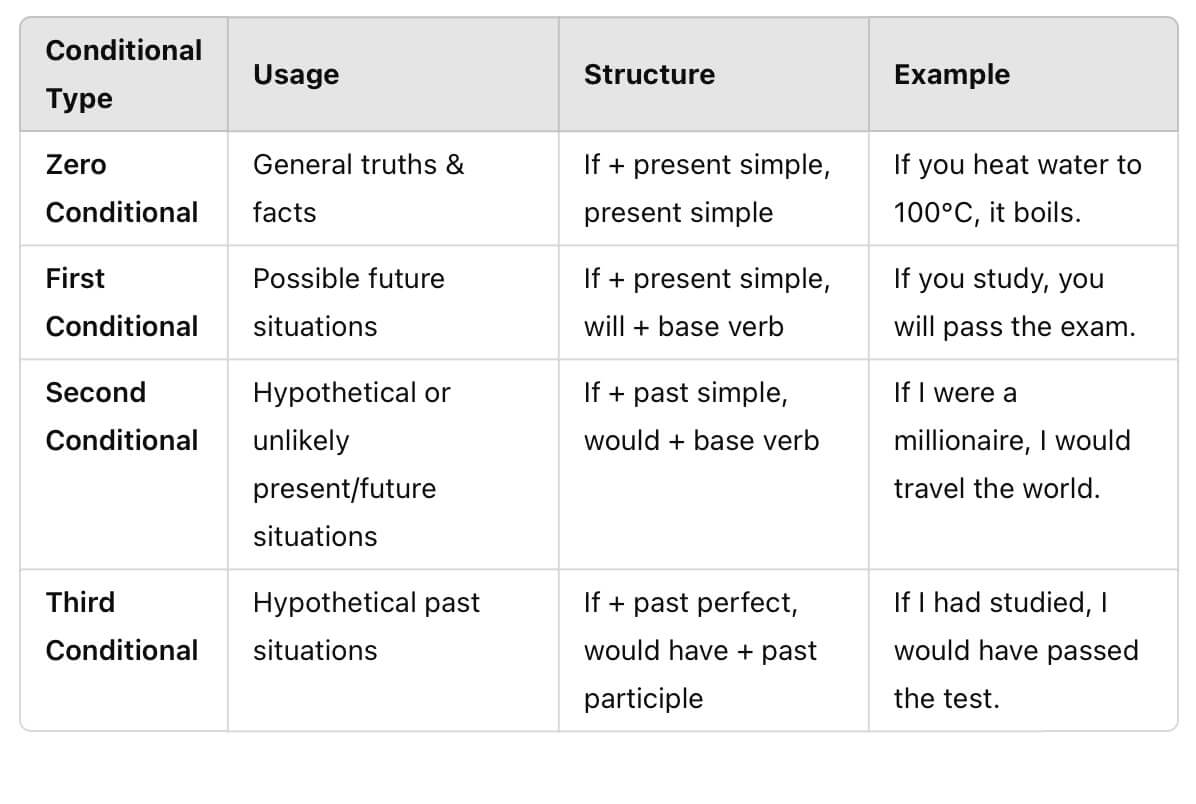- Home
- Phrases & Clauses
- Adverbial Phrase
Adverbial Phrase
An adverbial phrase is a group of words used in the same way as an adverb to add further information or detail to a verb, adjective, another adverb, or even whole clauses.
The word 'phrase' is the key, as this means that it is more than one word, rather than a single adverb.
But let's look at it in more detail.
The Difference between Adverbs and Adverbial Phrases
This can get quite confusing as you may hear these terms discussed in differing grammar books or websites in reference to adverbs:
- Adverbs
- Adverb Phrases
- Adverbial Phrases
They all have the same function i.e. to explain how, where, why or when something was done.
But the way that they tend to be distinguished in grammatical terms is that an adverb is a single word and an adverb phrase is two or more adverbs together.
However, an adverbial phrase is a more informative group of words that will contain other words apart from adverbs and may or may not actually contain an adverb.
Examples:
Here are some examples with adverbials of manner, all answering the question, how did he drive?:
He drove erratically
(adverb)
He drove very erratically
(adverb phrase - two adverbs)
He drove in an erratic way
(adverbial phrase - no adverb)
So as you will see from the last one, units of words can function as adverbs without actually containing an adverb. In the last example, the adverbial phrase is actually a prepositional phrase acting as an adverbial phrase.
However, 'adverb phrase' and 'adverbial phrase' are often used interchangeably, so you should not dwell on which is which.
The key thing is that an adverb is one word, but an adverb/adverbial phrase is more than one.
Now we'll look at the most common types of adverbial phrase, which are:
- Manner
- Time
- Place
Adverbial Phrases of Manner
An adverbial phrase of manner answers the question how?
He goes to work by bike.
(How does he go to work?)
He speaks in a very loud voice.
(How does he speak?)
She sings like an angel.
(How does she sing?)
These are all adverbials of manner, but there is only one actual adverb in there - very.
Adverbial Phrases of Time
Adverbial phrases of time state when or how often something happens, or for how long.
She arrives at work at about 8.30am.
(When does she arrive at work?)
I'll come round to see you in one hour.
(When will you come round?)
She interrupts me every five minutes!
(How often does she interrupt you?)
Accidents happen at least twice a year on Green Road.
(How often are there accidents on Green Road?)
I always feel happiest during the summer.
(When do you feel happiest?)
Adverbial Phrases of Place
Adverbial phrases of place answer the question where?
She's living in Spain.
(Where does she live?)
I'll park by the side of the building.
(Where will you park?)
The cafe is located near the bank.
(Where is the cafe?)
You will see then that in a lot of these examples, it is prepositional phrases acting as adverbial phrases.
What are Fronted Adverbial Phrases?
This is when the phrase is placed at the start of a sentence.
The purpose of fronting is either simply to vary sentence structures to make a piece of writing more interesting or to draw attention to that part of the sentence because it is seen to be important.
Here are some fronted adverbial examples:
Over the last three years, standards of living in the country have declined
After the film, they walked to the restaurant.
As often as necessary, I will help her out
The Difference between Adverbial Phrases and Clauses
The difference here is quite simple.
The key difference between phrases and clauses is that a clause contains a subject-verb combination whereas a phrase does not.
As an example, take a look at these two adverbials of time (answering the question 'how long did she keep phoning for'), one a phrase and one a clause:
She kept phoning me until I picked up the phone
- (Adverbial clause with subject-verb)
She kept phoning me until 10pm
- (Adverbial phrase with no subject-verb
New! Comments
Any questions or comments about the grammar discussed on this page?
Post your comment here.




